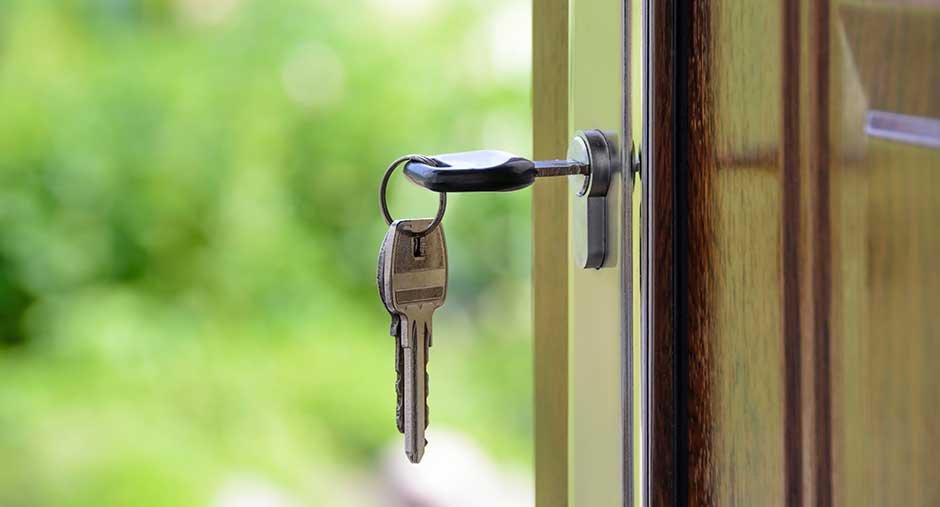For many people, buying their first home is a major milestone in life. It’s a big decision that requires careful planning, research, and financial preparation. While the excitement of homeownership can be thrilling, first-time homebuyers can often get caught off guard by unexpected costs. According to Lone Eagle Management experts, closing fees to moving expenses, the hidden costs of homebuying can quickly add up and leave you with a hefty bill.
The Hidden Costs of Buying a Home
When it comes to buying a home, many costs go beyond the purchase price. One of the most significant hidden costs is closing costs. Closing costs can include fees for the title search, appraisal, and loan origination, among others. These fees can add up to thousands of dollars and are often paid upfront at closing. It’s important to factor in closing costs when budgeting for your home purchase to avoid any surprises at closing.
Another hidden cost of homeownership is property taxes. Property taxes are calculated based on the value of your home and can vary depending on your location. It’s important to research the property tax rates in your area and factor them into your monthly budget. Property taxes can add hundreds of dollars to your monthly mortgage payment, so it’s important to be prepared.
Don’t forget about homeowner’s insurance. Homeowner’s insurance is required by most lenders and can be a significant expense. The cost of homeowner’s insurance can vary based on the value of your home and the coverage you choose. It’s important to shop around for different insurance providers and compare quotes to find the best coverage at a reasonable price.
The Importance of a Home Inspection
A home inspection is a crucial step in the home-buying process. A home inspection can reveal potential repair costs and unexpected expenses that may not be visible during a walk-through. While a home inspection is an additional expense, it can save you money in the long run by identifying any issues that may need to be addressed.
When scheduling a home inspection, it’s important to choose a reputable and licensed inspector. A good inspector can identify any potential issues and provide you with a detailed report outlining any necessary repairs. It’s also important to attend the home inspection and ask questions as needed. This can help you better understand the condition of the home and any potential issues that may need to be addressed.
Budgeting for Home Ownership

Budgeting for homeownership is essential to avoid getting caught off guard by unexpected expenses. When creating a budget, it’s important to factor in all of the costs associated with homeownership, including mortgage payments, property taxes, homeowner’s insurance, and utilities. It’s also important to set aside money for emergencies, such as unexpected repairs or job loss.
To create a realistic budget, it’s important to track your expenses and income for several months. This can help you identify areas where you can cut back on expenses and save money. You can also use online budgeting tools to help you keep track of your expenses and create a budget that works for you.
Financing Options
When it comes to financing your home purchase, it’s important to understand the different mortgage rates and terms that are available. A fixed-rate mortgage offers a consistent interest rate over the life of the loan, while an adjustable-rate mortgage can fluctuate based on market conditions. It’s important to choose a mortgage that fits your financial situation and long-term goals.
It’s also important to shop around for different lenders and compare rates and terms. This can help you find the best mortgage for your needs and potentially save you thousands of dollars over the life of the loan.
Choosing the Right Real Estate Agent
Choosing the right real estate agent can save you time and money when buying a home. An experienced agent can help you navigate the home-buying process and provide valuable insights into the local real estate market. They can also help you negotiate the purchase price and identify any potential issues with the home.
When choosing a real estate agent, it’s important to do your research and ask for referrals from friends and family. You should also interview several agents and ask about their experience, credentials, and approach to working with clients. A good agent should be responsive, knowledgeable, and have a solid track record of successful transactions.
Negotiating the Purchase Price
Negotiating the purchase price of your home can save you thousands of dollars. When making an offer, it’s important to do your research and understand the local real estate market. You should also consider the condition of the home, any necessary repairs, and the seller’s motivation to sell.
It’s also important to be prepared to walk away from a deal if the price is not right. While it can be tempting to overpay for a home, it’s important to stay within your budget and avoid getting caught up in a bidding war.
Moving Costs
Moving expenses can be a significant cost when buying a home. It’s important to budget for moving expenses, including packing materials, moving trucks, and professional movers if needed. You should also factor in any additional expenses, such as temporary housing or storage.
To save money on moving expenses, consider packing and moving some items yourself. You can also shop around for different moving companies and compare quotes to find the best price.
Home Maintenance
Home maintenance is an ongoing cost of homeownership. It’s important to budget for regular maintenance, such as lawn care and HVAC servicing, as well as unexpected repairs. It’s also important to take steps to prevent costly repairs, such as regular cleaning and maintenance of your home’s systems.
To save money on home maintenance, consider doing some tasks yourself, such as changing air filters or cleaning gutters. You can also shop around for different service providers and compare prices to find the best deal.
When it comes to larger projects that you need to be done around your home later down the line for aesthetics or even if your home is damaged, it’s best to reach out to professionals. It’s important to factor in these types of costs into your savings and reach out to restoration contractors in Denver or near you.
Conclusion
Buying a home can be an exciting and rewarding experience, but it’s important to be prepared for the hidden costs. By understanding the costs associated with homeownership and taking steps to budget and prepare for them, you can avoid getting caught off guard and make informed decisions throughout the home-buying process. Whether you’re a first-time homebuyer or a seasoned pro, these tips can help you save money and stress in the long run.






